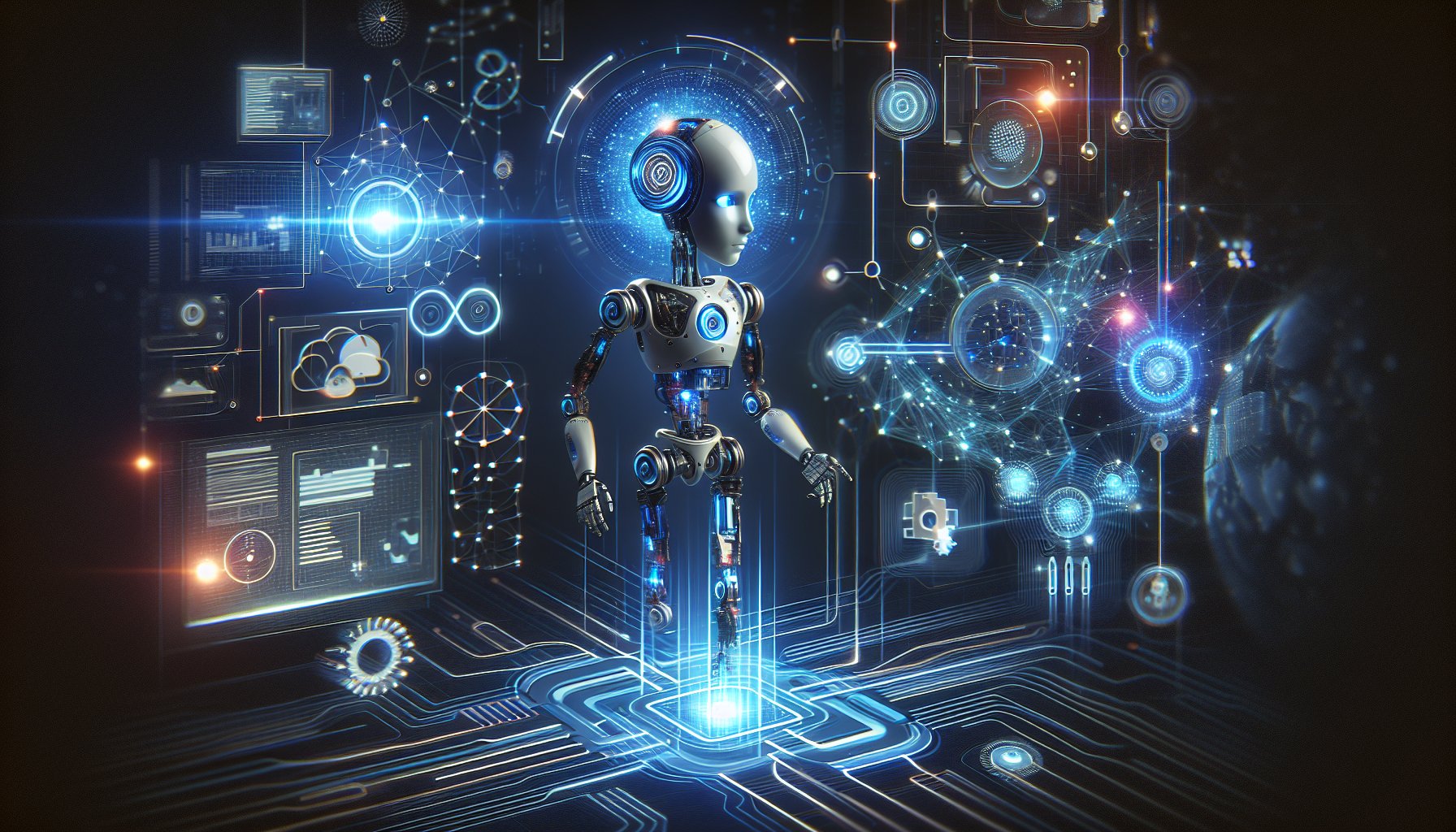Introduction
With the relentless pace of technological advancements, businesses worldwide are tapping into the power of Artificial Intelligence (AI) to stay competitive and future-proof. As AI continues to evolve, it's crucial to keep abreast of the latest integration strategies to harness its full potential. This blog post will delve into the state-of-the-art AI integration strategies, exploring how they can be effectively implemented in your business operations.
Machine Learning (ML) and AI Integration
Machine learning, a subset of AI, is a game-changer in the IT industry. It equips AI systems with the ability to learn from data, making them more intelligent and autonomous. The latest integration strategies involve embedding ML models within your existing applications, providing them with powerful predictive capabilities. For instance, using TensorFlow, a modern ML framework, developers can build and train robust ML models that can be easily integrated into your applications.
Example: TensorFlow Integration
```python # Import TensorFlow import tensorflow as tf # Create a simple model model = tf.keras.models.Sequential([ tf.keras.layers.Dense(10, activation='relu'), tf.keras.layers.Dense(10) ]) # Compile the model model.compile(optimizer='adam', loss=tf.keras.losses.SparseCategoricalCrossentropy(from_logits=True), metrics=['accuracy']) # Train the model model.fit(train_data, train_labels, epochs=10) # Save the model model.save('model.h5') # Later load it in your application new_model = tf.keras.models.load_model('model.h5') ```Integrating AI with Neural Networks
Neural networks have revolutionized the way AI systems process information, mimicking the human brain's functionality. These networks can learn from complex and unstructured data, making them essential for tasks like image recognition, language translation, and more. Libraries like PyTorch and Keras allow for easy development and integration of neural networks into your existing systems.
AI Integration through Predictive Analytics
Predictive analytics, powered by AI, enables businesses to anticipate future trends and make data-driven decisions. AI tools like H2O, DataRobot, and RapidMiner offer comprehensive predictive analytics solutions that can be integrated into your business processes.
AI and Natural Language Processing (NLP)
NLP allows machines to understand, interpret, and generate human language, making AI more interactive and user-friendly. Libraries like NLTK and SpaCy offer advanced NLP functionalities that can be integrated into your AI systems for tasks like sentiment analysis, text summarization, and more.
Conclusion
In the dynamic technological landscape, staying current is no longer an option but a necessity. AI integration is not about replacing humans but about enhancing human capabilities with machine intelligence. By harnessing the power of ML, neural networks, predictive analytics, and NLP, you can future-proof your business and stay ahead in the competition.
Remember, the future belongs to those who prepare for it today. So, start integrating AI into your business strategy now and set your business on the path to future success.
Key Takeaways
- AI integration is crucial for future-proofing your business.
- Machine Learning and neural networks are key components of modern AI systems.
- Predictive analytics can help businesses make data-driven decisions.
- NLP enhances the interaction between humans and AI systems.
